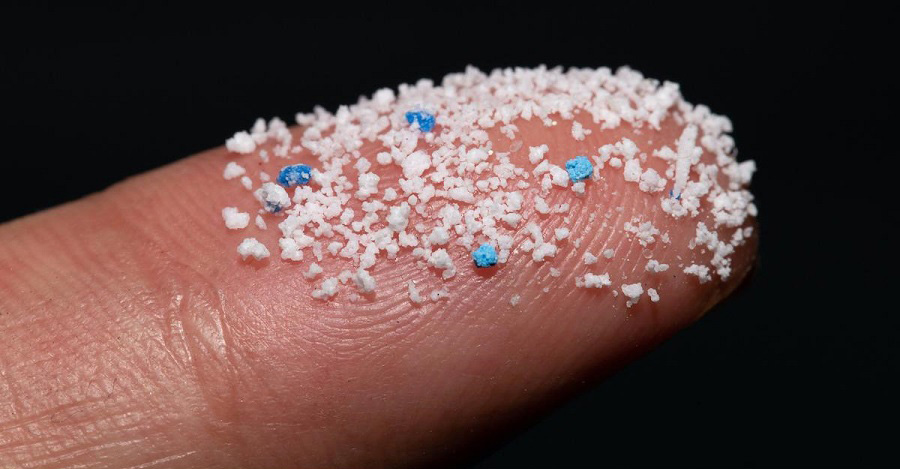Renowned biopolymer specialist urges cosmetic companies to embrace sustainable alternatives.
Teysha Technologies, a leading company specialising in the production of biodegradable polymers derived from natural sources, has reiterated its plea to the cosmetics industry, urging them to abandon the use of traditional petroleum-based polymers in their products. This renewed call comes in the wake of an announcement that Teysha’s AggiePol polymer platform has received a Certificate of Biodegradability after successfully passing OECD 310 testing. This breakthrough signifies the availability of a genuinely sustainable plastic substitute for the cosmetics industry.
A report published by the Plastic Soup Foundation in 2022 revealed that 87 percent of products from the top ten cosmetics brands contain microplastics. The foundation also argues that the European Commission’s legislation introduced in 2022 to ban intentionally added microplastics is progressing too slowly and is inadequately comprehensive. The cosmetics industry cites the lack of viable alternatives to microplastics as a significant hurdle impeding the transition to sustainable additives.
In response to these concerns, Teysha Technologies asserts that cosmetic manufacturers must cease using environmentally detrimental plastic additives and microplastics that contribute to the pollution of water bodies and the food chain.
“Polymers play a crucial role in most cosmetic products, from stabilising formulations to prolonging product longevity on the skin,” explains Matthew Stone, the managing director of Teysha Technologies. “However, there is no inherent reason why many of these polymers cannot be sustainable and environmentally friendly. For instance, a single shower with a traditional shower gel containing microplastics can deposit up to 100,000 microbeads into the ocean.”
“These microplastic fragments persist in the environment for hundreds of years, infiltrate the food chain through consumption by animals, and have even been found in human blood samples.”
Teysha Technologies’ AggiePol platform represents a truly sustainable solution for the cosmetics industry. Unlike conventional bioplastics that rely partially on petroleum and do not easily biodegrade in natural conditions, AggiePol has been officially certified as a readily biodegradable material following OECD 310 testing.
“We are currently collaborating with a global cosmetic manufacturer that is exploring the use of our polymer platform to facilitate the transition away from environmentally harmful products,” Stone adds.
The cosmetics industry still heavily relies on conventional polymers as additives, such as those found in moisturising lotions. Although the use of plastic microbeads for exfoliation has been banned in cosmetic products in the UK, microplastics from other sources persist. Fortunately, Teysha is actively addressing the issue of microplastics.
Source: Pollution Solutions Online





